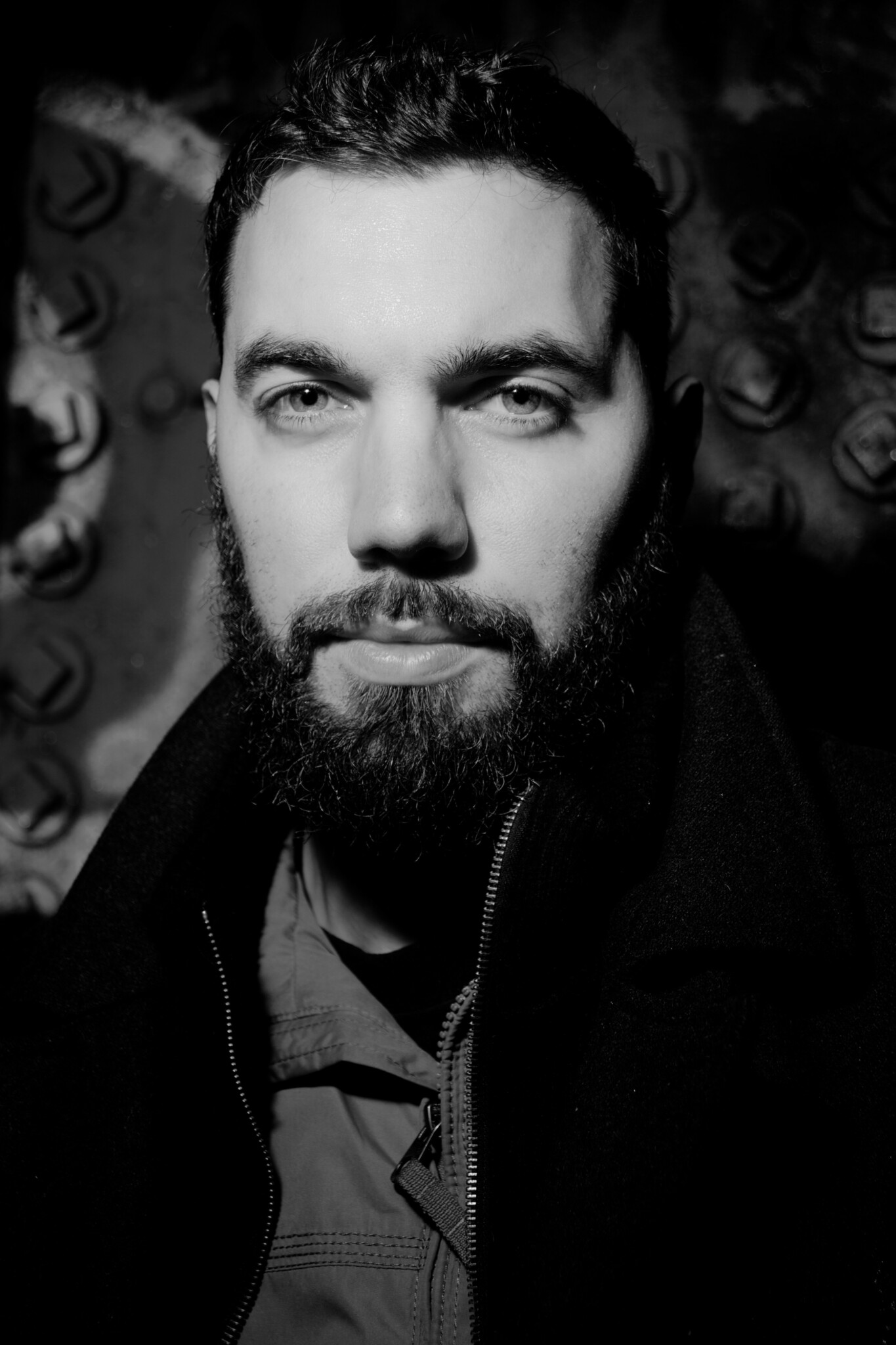We’re excited to introduce you to the always interesting and insightful Kane Smego. We hope you’ll enjoy our conversation with Kane below.
Kane, appreciate you joining us today. Can you talk to us about a project that’s meant a lot to you?
It’s difficult to choose, so I’d have to say there are two that stand out to me for different reasons. The first was in 2015 when I applied and was selected to the first season of the Next Level global hip hop exchange program and went to Zimbabwe for a two-week residency as part of a team of hip hop artists representing the elements of emceeing, dance, beatmaking, and deejaying. Before going I think I had made some assumptions about what I would or would not find there, and I was hoping that we would meet some folks with a strong interest in hip hop. Upon arriving to my first day of the workshops I was set to run I found myself among over 25 emcees some of whom were my peers in terms of skill level. It was humbling and also so dope to realize that this thing we often take possession of as Americans is actually Global, resonates with so many people, and of course draws upon so many different cultural influences, It was a great way to break down the power dynamic and we spent the two weeks learning from each other, creating together, and just connecting on a deep level as artists. The program culminated with two final concerts, one at a local arts center and the other at a hip hop music festival held in one of the neighborhoods. It was a life-changing experience, and made me feel both rooted in both my craft and connected to something so much bigger than just my immediate community or country. I’ve since worked for over a decade with the program as a site manager and eventually as the Associate Director, and it has taken me all over the world to build and collaborate with hip hop artist-leaders doing powerful work in communities of practice.
The second one that is deeply meaningful to me was creating and performing my one-man show, “Temples of Lung & Air”. It is an autobiographical work of a hip hop theatre that explored issues of race and identity, and centered around my upbringing in the South (I’m from North Carolina originally) as a white kid that grew up between my primary home with my mom who is white and my mother’s partner Burly who is black, and my dad’s house in West Virginia where he lived with my grandparents and my older brother who are all white. The show also explores the dynamics of race within the South and legacies of Jim Crow that still exist in places like Durham and Chapel Hill, two cities where I spent most of my childhood and which are still very divided along racial lines. Growing up in an interracial household in the city of Durham that was demographically about 50/50 black and white at the time, and between two homes with very different views and politics caused a lot of confusion in me as a kid, but later provided me with a lot of perspective. Burly was an African American historian and political scientist which had a big impact on my education and understanding of my positionality and even my connection to hip hop, a culture which he also provided context for in sharing about West African griots and djelis, Gil Scott Heron, The Last Poets, Sonia Sanchez, Amiri Baraka, and other greats who predated modern hip hop. Those foundations helped ground me as I developed my craft and looked to make my own contributions to the art and culture while using it as a tool for healing, engagement, and social change. On a personal level, creating the one-man show was about me processing my experiences growing up and was really healing for me, and in terms of my work it was a way for me to share my experiences in a way that could help others on their path. Even if they didn’t have my exact situation, a lot of folks that have experienced being in this kind of “bridge space” between different and sometimes opposing communities or ideologies could relate. The show was first produced and premiered by a regional theatre in NC called Playmakers Repertory Company, was selected to the United Solo Theatre Festival in NYC and then picked up by the Detroit Public Theatre where I was in residency for a 15 show run in late 2019 just before the pandemic shut everything down. The entire experience, from creation to production felt like a big level up for me as an artist, and also introduced me to the world of theatre which was an incredible learning experience.
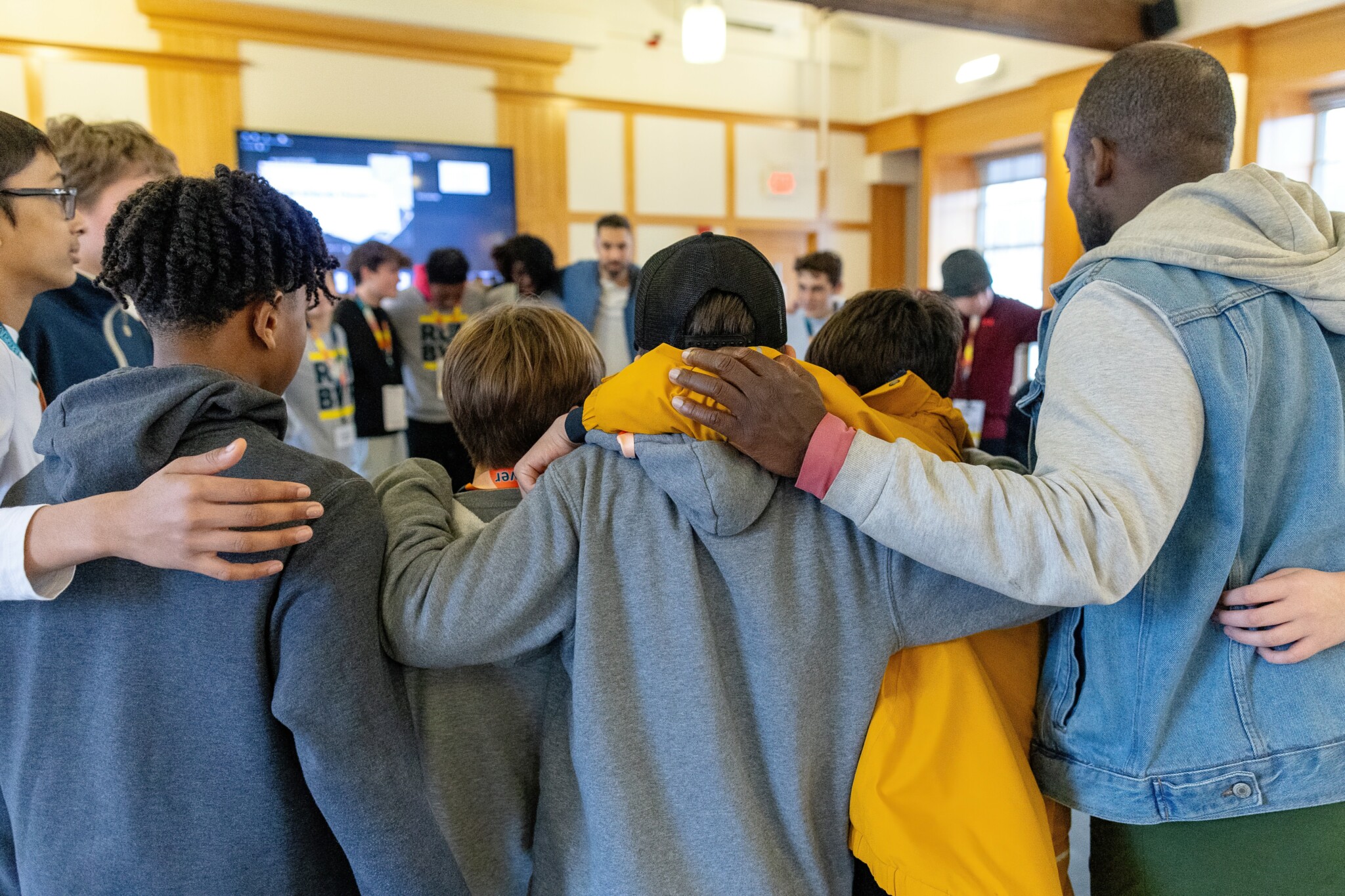
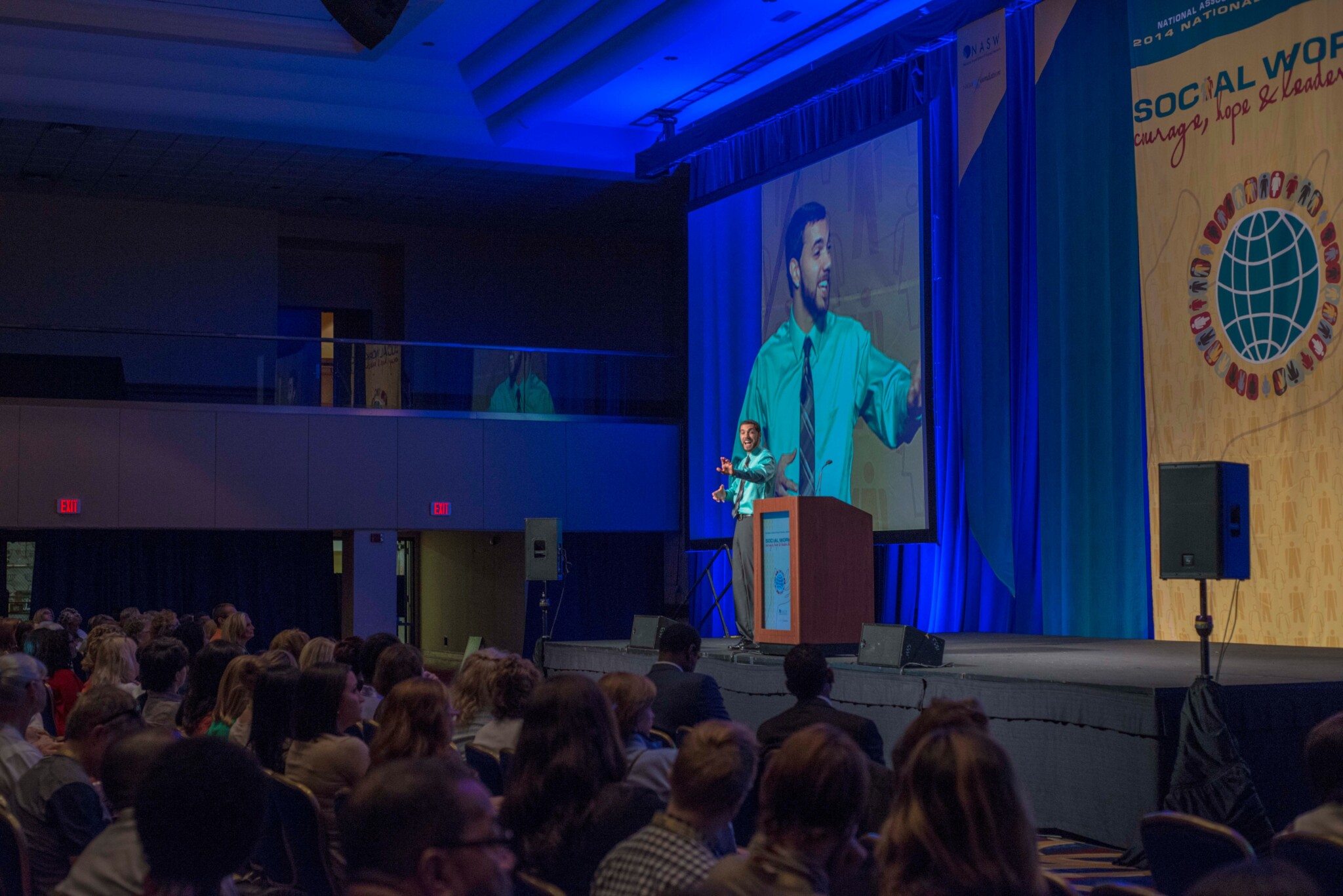
Great, appreciate you sharing that with us. Before we ask you to share more of your insights, can you take a moment to introduce yourself and how you got to where you are today to our readers.
I’m a spoken word poet and emcee/hip hop artist in terms of my craft, and for the last 15 years I’ve also worked at the intersection of the arts, youth engagement, and community building at local and international levels. I’ve completed tours as a performer and facilitator across the country reaching all 50 states, and I’ve also toured internationally visiting over 35 countries. As an artist, I do live performances of my poetry and music, and also have a one-man show of hip hop theatre that I toured as a full stage production before the pandemic and have since performed excerpts of at my other shows since then. On the educator and program administrator side I co-founded and served as the Artistic Director of an award-winning nonprofit in North Carolina called Sacrificial Poets for many years before making the move to L.A. in 2014 to pursue career opportunities and seek further mentorship. That same year I was signed to the speakers bureau Conscious Campus that has sent me to perform and teach at over 80 colleges and universities and 60 K-12 schools around the country using poetry and hip hop to develop literacy and social emotional skills, as well as engage around relevant social issues. In 2014 I also applied and was selected to the Next Level program. Next Level is a hip hop and cultural exchange program funded by a large grant from the U.S. Bureau of Educational and Cultural Affairs, administered by the Meridian International Center in D.C. that selects hip hop artist-educators from across the elements to participate in residencies around the world in collaboration with leaders in those communities. I first went as an emcee to Zimbabwe, and was then hired as a site manager where I designed and managed our residencies in Thailand, Brazil, Morocco, Cambodia, Guatemala, Dominican Republic, Peru, Bolivia, and Argentina before being promoted to Associate Director in 2019. I currently work supporting and training an amazing team of program alumni who are now site managers running five programs a year around the world, and in the decade it has been around the program has held programs in 55 countries. In addition to my work with Next Level and Conscious Campus,
I run my own business called YouTh ink. offering performances, workshops, trainings, program design and management to schools, colleges, community-based organizations locally, across the U.S., and internationally. I’m passionate about the arts as a tool for wellness, building connections across lines of difference, and social change. I also have a BA in Spanish language (which is an entire other life story) and speak and write Spanish fluently so I run a lot of workshops and programs in Spanish with Latinx communities in the U.S. and abroad in Latin America.
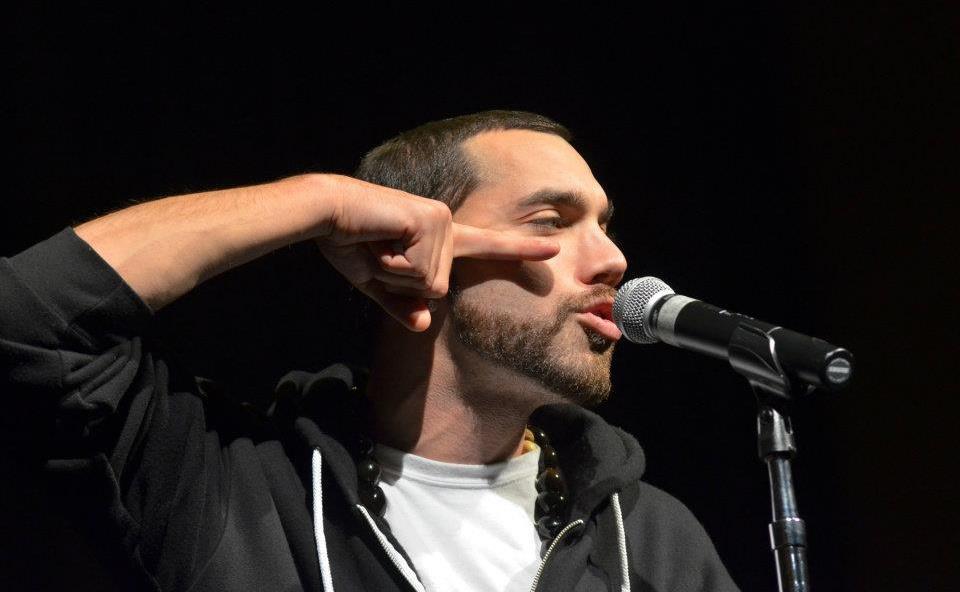
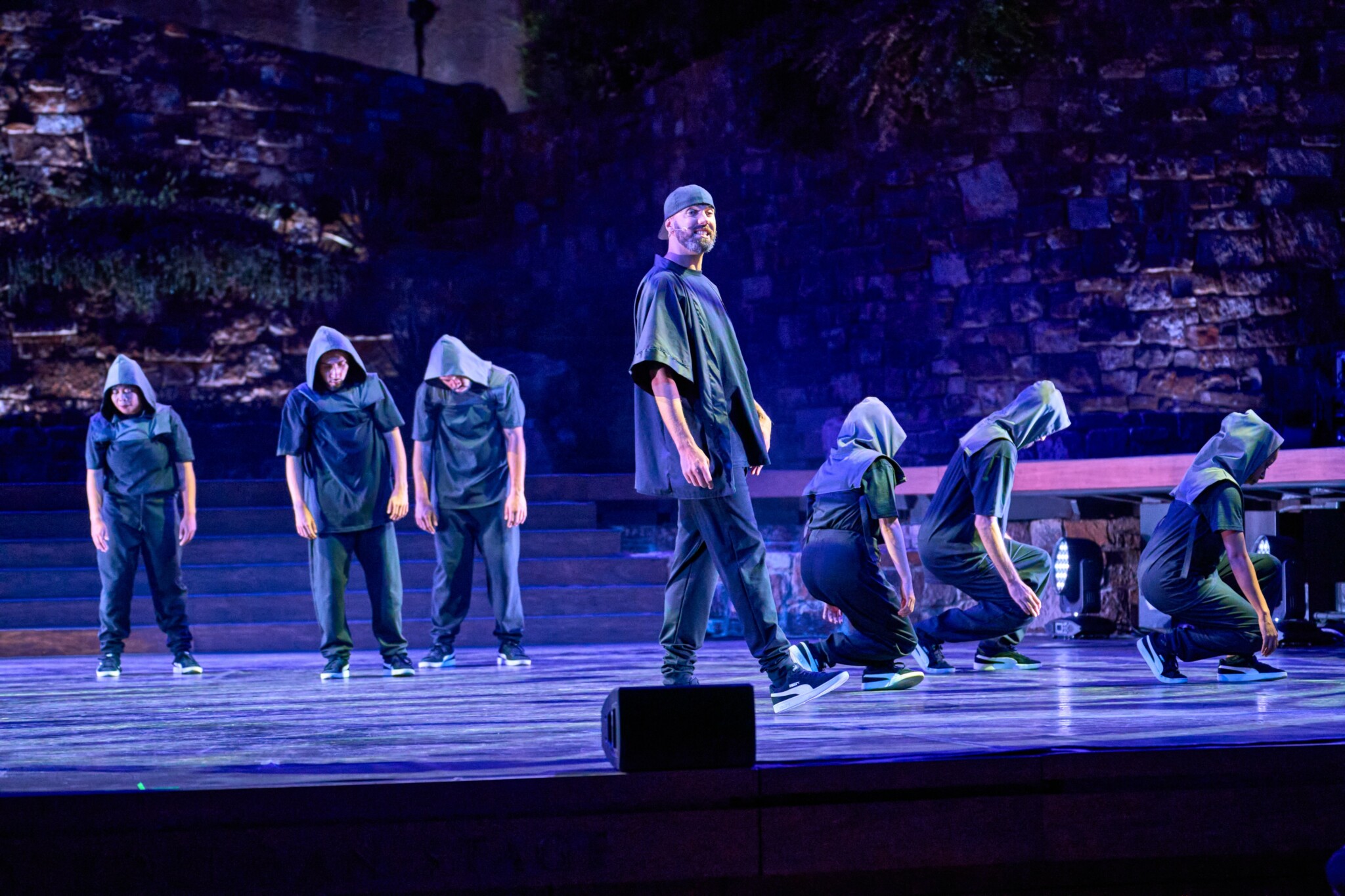
We often hear about learning lessons – but just as important is unlearning lessons. Have you ever had to unlearn a lesson?
I think like a lot of creatives, especially thinking about within the fields of music and even more specifically hip hop, we learn this falsehood that there is only one way to “make it”–you make music, your song blows up and you get signed to a major label. One of my biggest mentors is a poet, hip hop artist, and professor from NC named Dasan Ahanu, and he really showed me that there are so many ways to build a career as a working artist. The lessons I learned from Dasan opened up new pathways for me, from expanding my repertoire from just rap into poetry and later theatre, to learning to teach my craft. Teaching ended up providing like half of my income as an artist and continues to. This mindset also allowed me to consider other ways to incorporate my craft and passion for the arts into my interests and skills. For example, I love to travel and I love being out in nature. My first international travels for work came from me reaching out to organizations doing international and wilderness education with students, and I was hired to run arts-based workshops as part of programs that took me to Costa Rica, Peru, and Brazil. Throughout the process of teaching and learning to design curricula, I was also gaining experience interfacing and building working relationships with institutions, like schools, colleges, museums, etc. This experience culminated in collaborating with a handful of other young creatives to co-found a nonprofit where we secured contracts to run programs with youth in partnership with or with funding from these institutions. So the lesson I learned was that there is more than one pathway, and that to make it as an artist you have to 1. cultivate a passion for the craft, because it’s the long game we are playing and if you don’t love what you do and build a relationship with your craft then you won’t last the marathon, and 2. continue to expand your repertoire, seek mentorship, think outside of the box to find ways that your art can live, generate income, and help contribute to solutions to the problems most relevant to you. If you find commercial success along the way great, but don’t put all eggs in one basket. I told a young artist once who was seeking to get signed within a year out of high school to a major label…I’m never going to tell you not to go for something just because it wasn’t my path to success, but just make sure that while you are playing the lottery you don’t quit your other “job” and have a plan B, C, D, etc. that you develop while you wait to see if A works out.
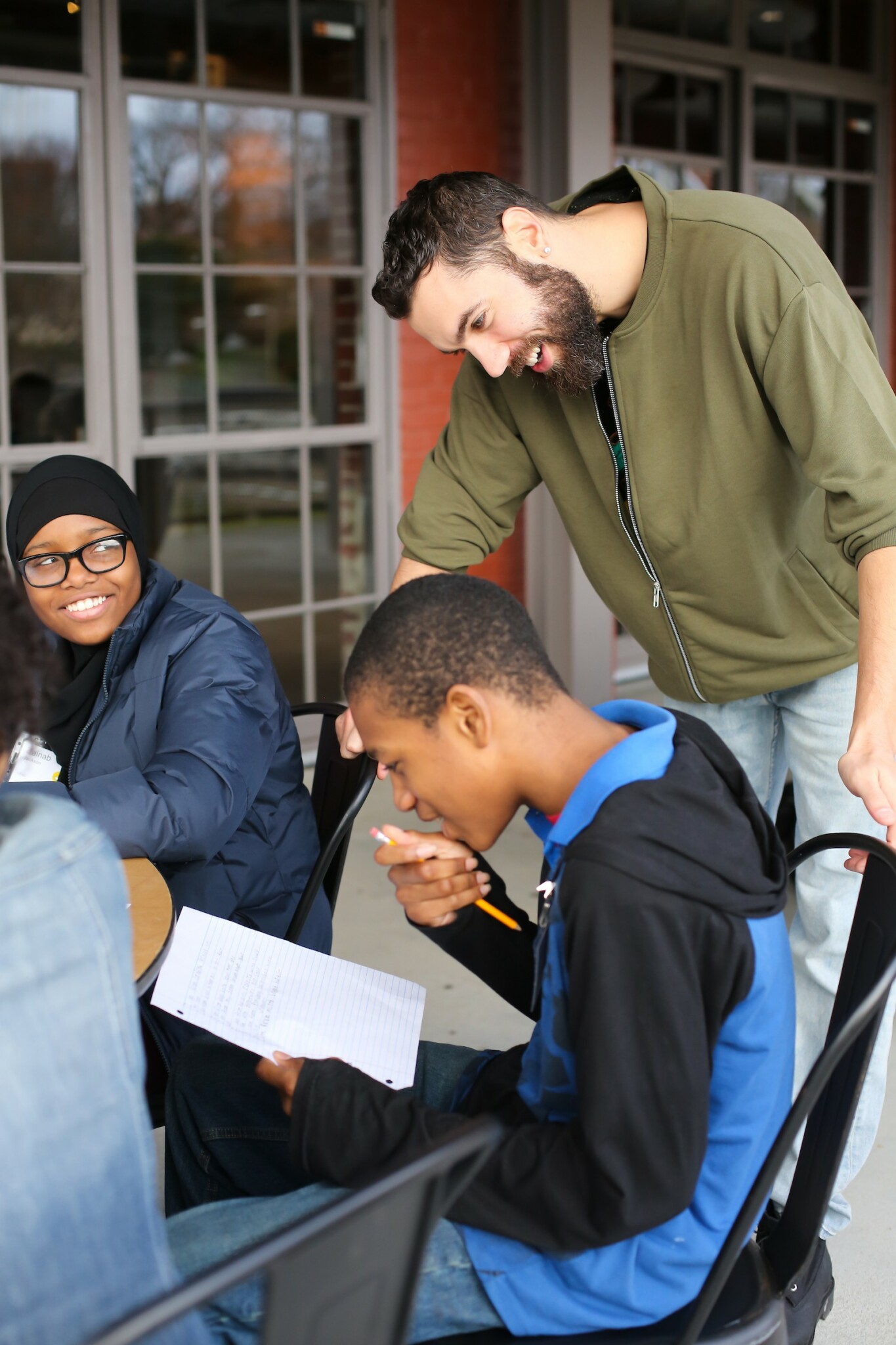
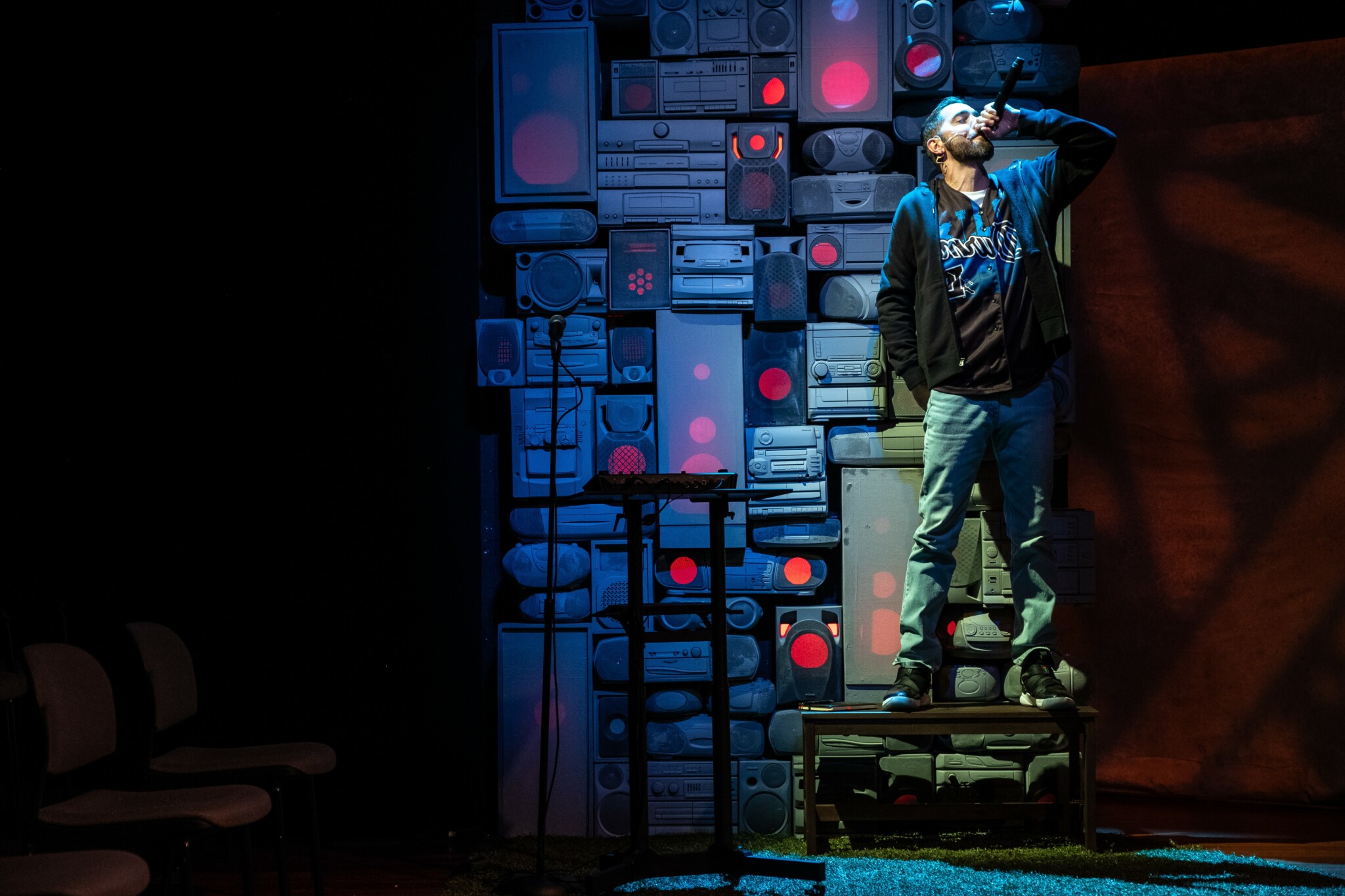
Can you tell us about a time you’ve had to pivot?
Absolutely, both during the pandemic and with the birth of my son in late 2021. I had to shift from the majority of my work requiring me to be on the road most of the year. This allowed me to focus more on the arts program admin side, designing and managing programs as well as reconnecting to local work opportunities since I had spent the last several years traveling domestically and internationally. I’m still in that transition period and hoping this year brings more opportunities locally as well as in support of organizations in other places that doesn’t necessarily mean traveling 50 times a year for gigs.
Contact Info:
- Website: https://www.kanesmego.com/
- Instagram: @kanesmego
- Facebook: Kane D Smego
- Linkedin: https://www.linkedin.com/in/kanesmego/?msgControlName=view_message_button&msgConversationId=2-MWU3NjQ1YWMtZWQ3Yy00M2Q0LWEzNTAtMGM5ZDBlYmY5YTQzXzAxMg%3D%3D&msgOverlay=true
- Youtube: @kanesmego2140
- Other: https://linktr.ee/Kanesmego
(this one has links to my music on Apple Music, Spotify, etc.)
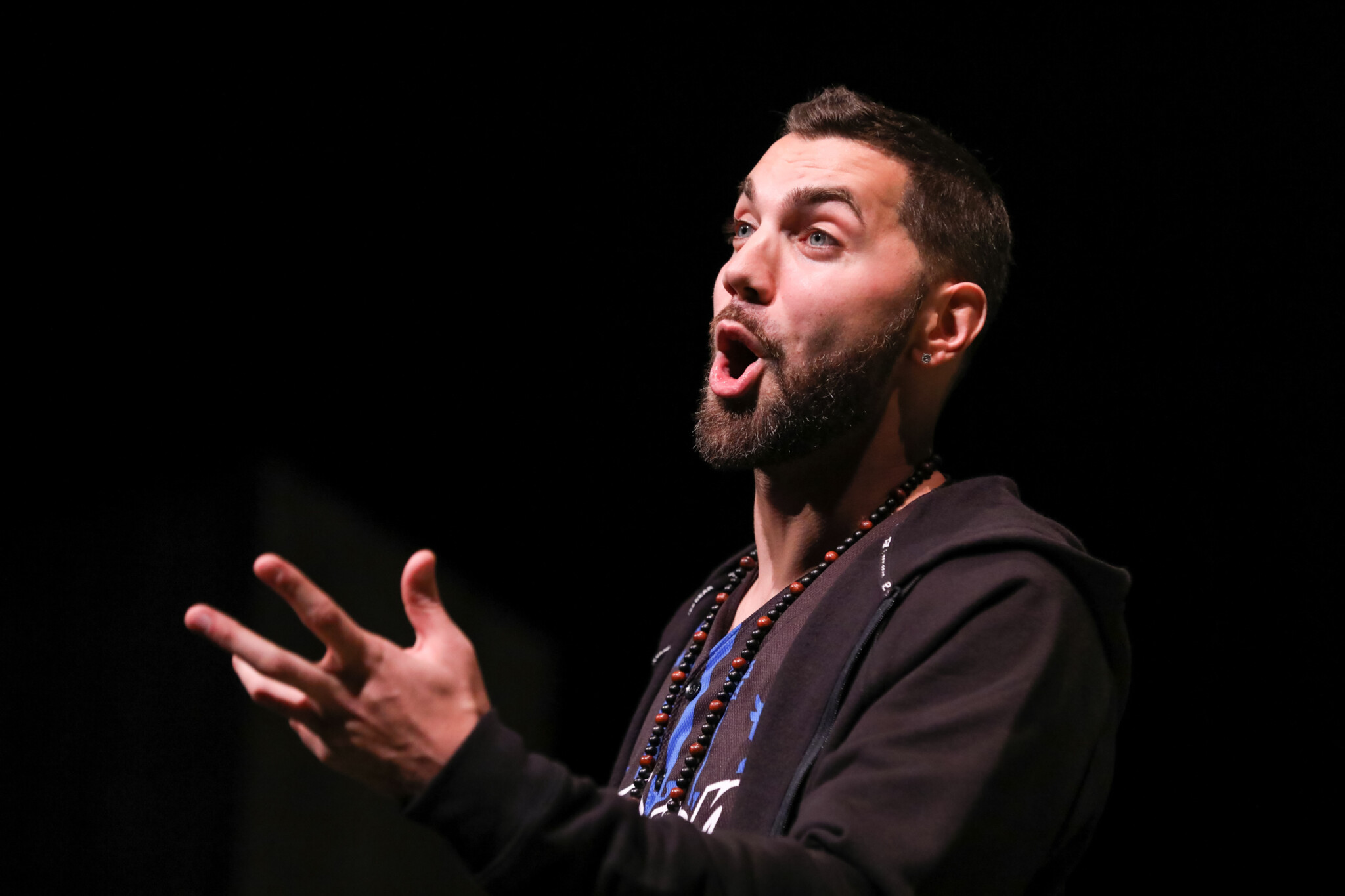
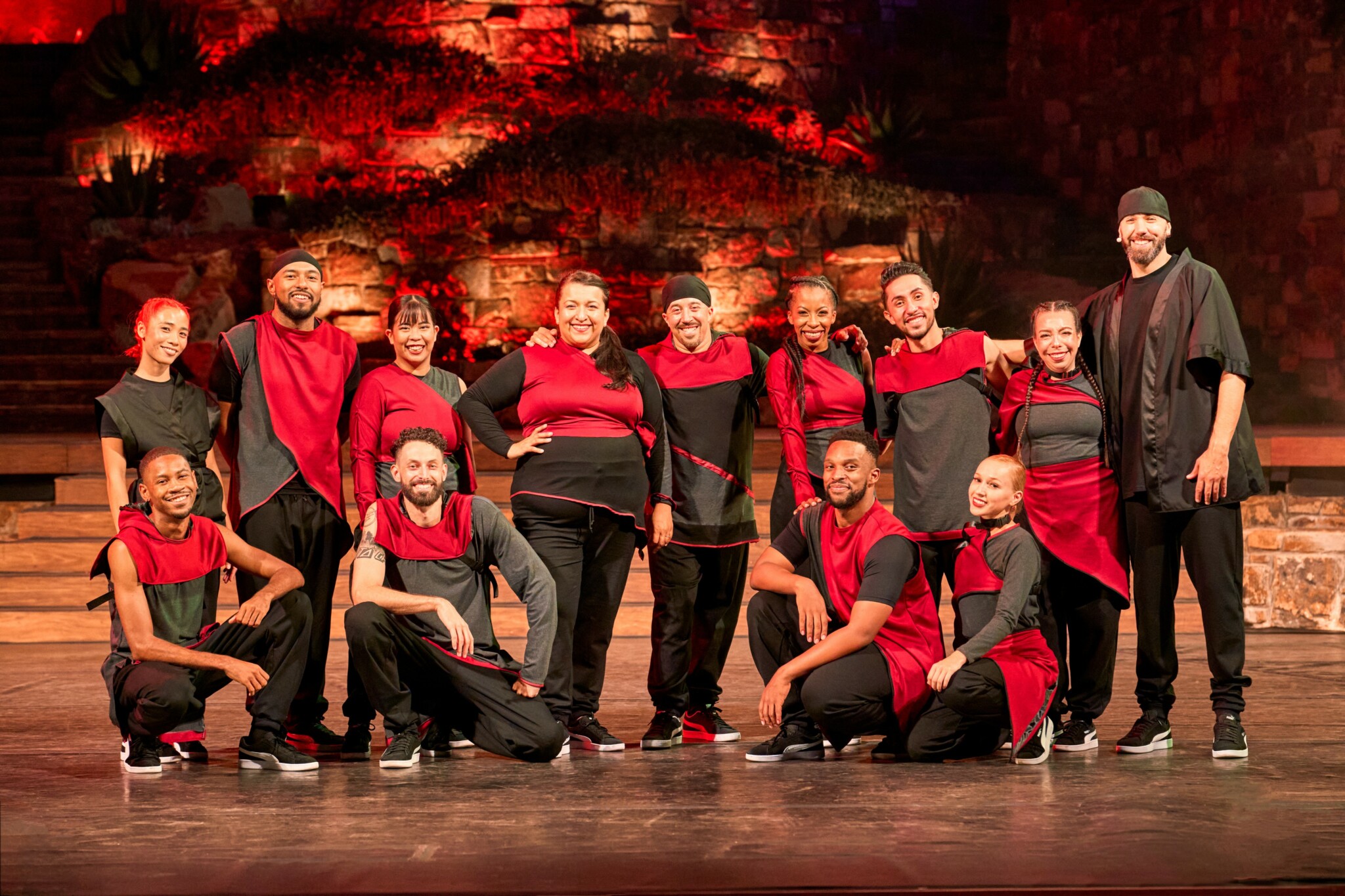
Image Credits
Chuk Nowak
Mark Davidson
Huth Photo
George Simian


